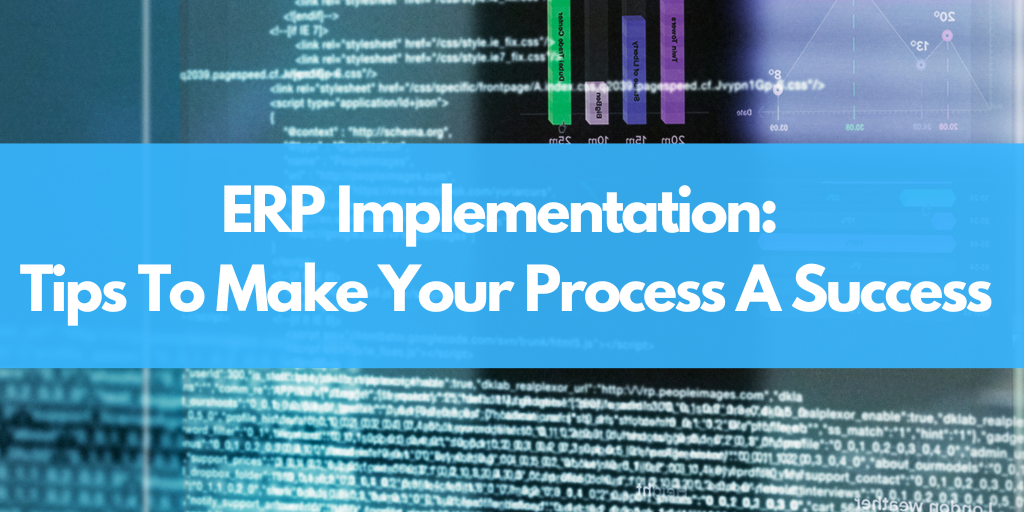
ERP Implementation: Tips To Make Your Process A Success
ERP implementiation is one of the most challenging IT projects an organisation can take on. The stakes are high: your company’s future growth and profitability depend on getting it right. A failed ERP implementation can stall growth. Success, on the other hand, can unlock untapped potential. When done well, an ERP implementation can increase efficiency, drive profitability, and improve collaboration among all departments in your organisation. It should also come as no surprise that best practices for a successful ERP implementation have been tested and proven over time. In this blog post, we will discuss proven tips for a successful ERP implementation.
We have outlined three stages of the implementation process that are key to implementation success.
Have a Clear Vision
Everything you do with your business should have clear and measurable goals. ERP implementation is no different. You must define your vision and nail down what exactly it is that you want to achieve with your ERP system.
Failure to do this will result in measuring the wrong metrics which could affect how successful your ERP system will become. This means that you won’t see the results you hoped for when you signed up for the system.
A helpful tip would be to work backwards. Get a plan in place of what a successful ERP system would look like and then how this success could be measured. This also gives you the opportunity to track these metrics and, post implementation you can compare before and after statistics to truly see the value.
Project Manage the ERP Implementation Efficiently
When implementing an ERP system, you must be attentive and meticulous when managing your project. Your project manager should keep in touch to avoid complications. You may be wondering why this is so important. It is because you need to have trackable goals and be accountable for them. It is more than likely that you have many people that are involved in the process. Therefore, someone must be responsible for ensuring that everything that needs to be competed, is done so in reasonable time.
To some, this may seem like extra work that would take extra time and therefore extra cost. This is true but it is better to do this pre-implementation to prevent obstacles further down the line.
This process will also ensure that no matter now much time has passed, everyone will know which jobs are their responsibility. Preventing any disputes or overlap of work ensures that your ERP journey will be as smooth and efficient as possible.
Learn NetSuite Before You Implement It
You know more about your business than any external ERP implementation partner. This means it would be beneficial for you to learn about NetSuite and understand aspects of the software that may be useful to your business.
NetSuite has a wealth of features that can make life easier for you and your staff. If you don’t understand the software, then you may be missing out on part of the system that will allow you to automate processes and save you time and money.
To Sum Up
ERP implementation can be a challenging process. However, with the right expectations, an understanding of project management best practices, and a thorough comprehension of the software solution, you can ease the process and increase your chances of success. The first step toward a successful ERP implementation is to define your vision. This will help you identify and prioritise your short term and long term objectives. Next, project manage the ERP implementation process by focusing on the people, the process, and the technology.
Finally, learn more about the solution before the implementation so you can provide feedback and improve your business processes with the software.
To learn more about our implementation processes, get in touch.



